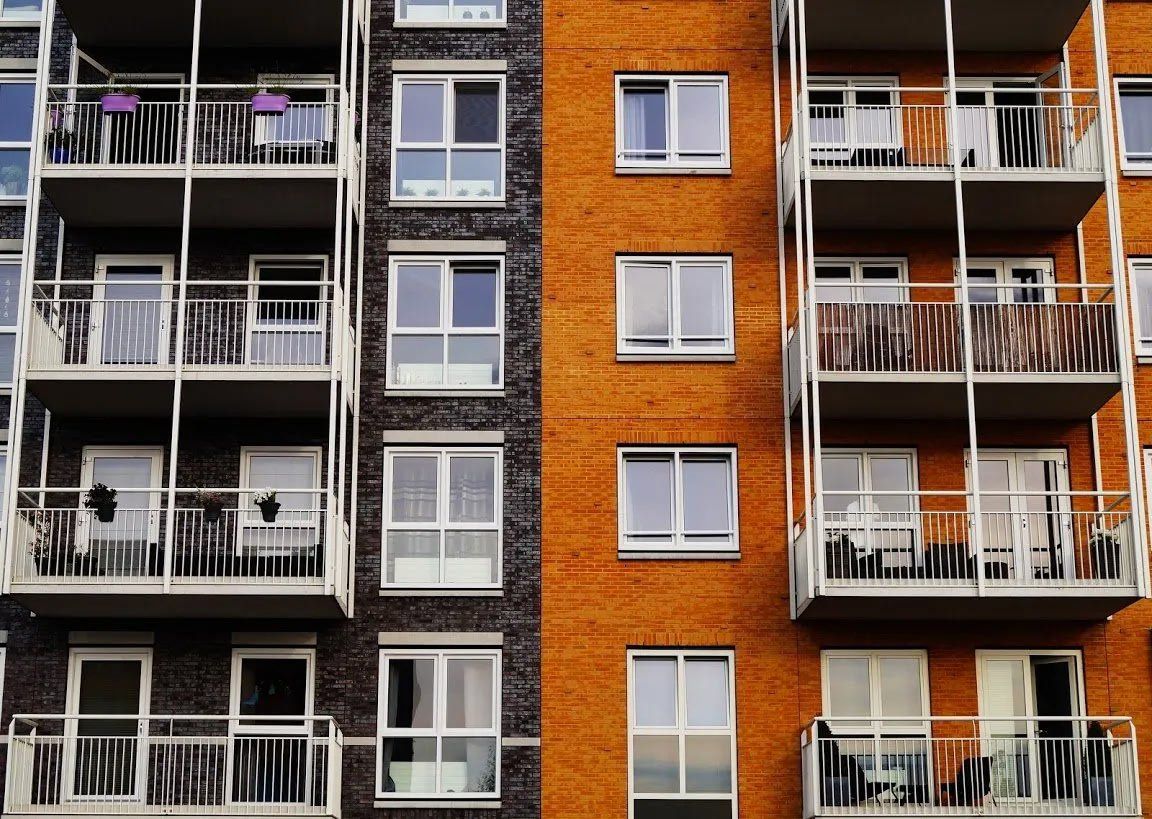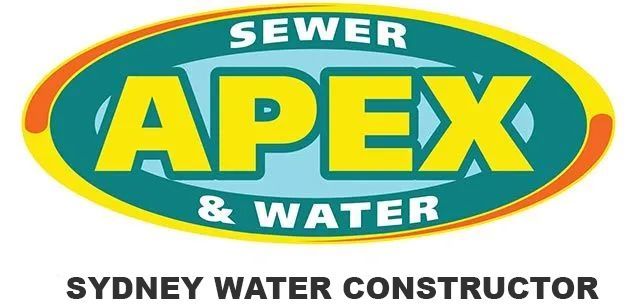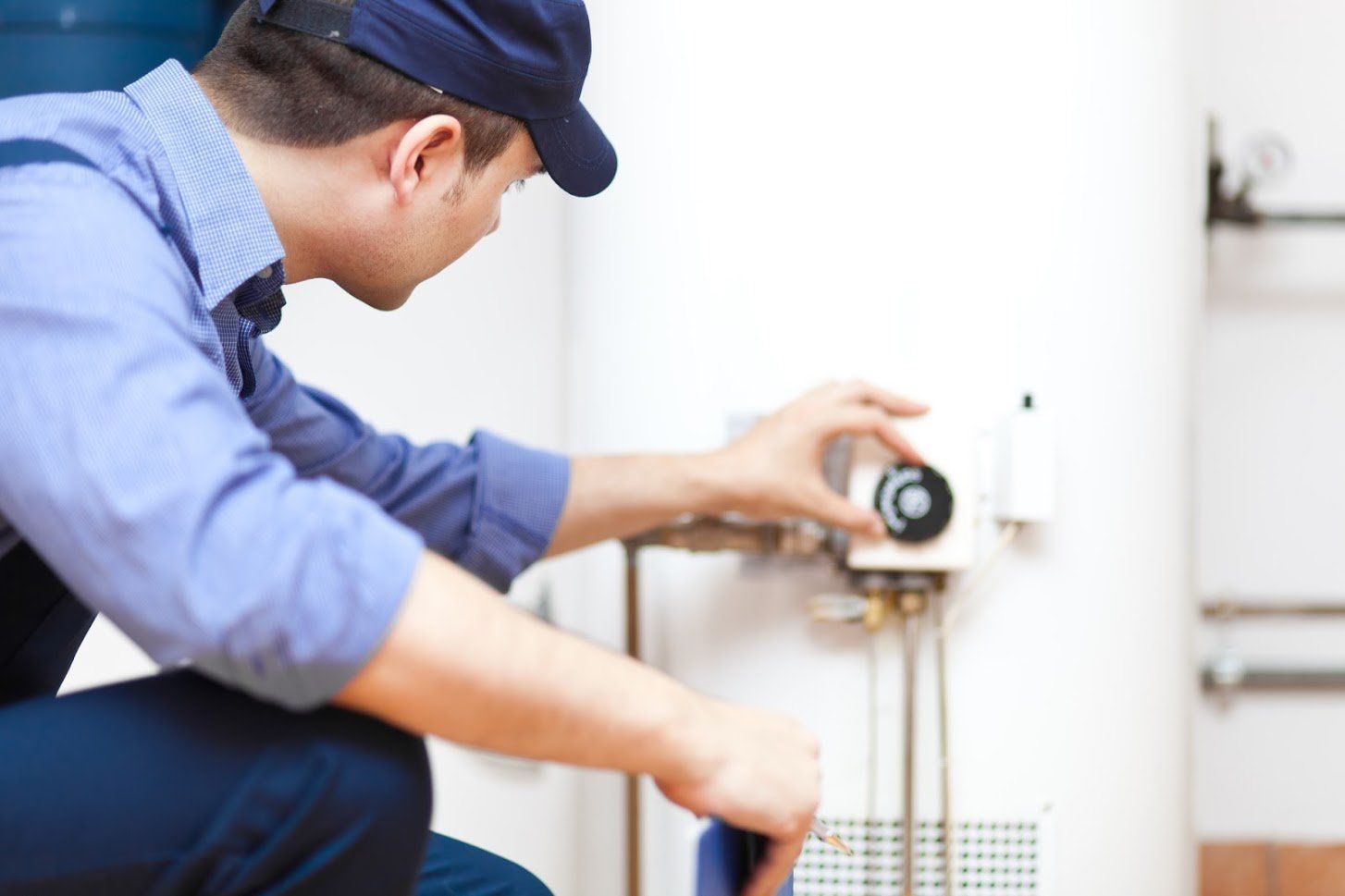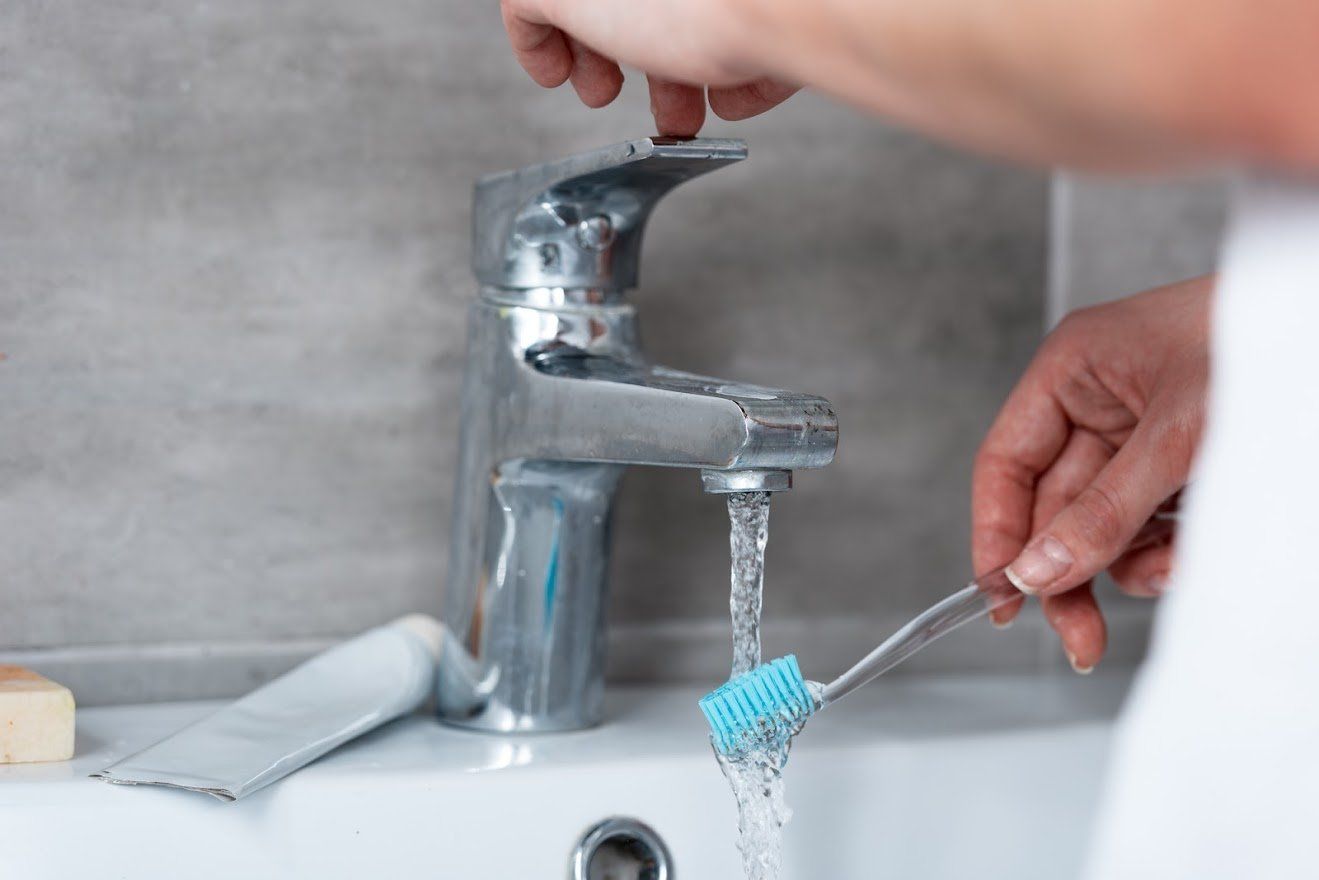5 Situations in Which You Should Replace Your Water Heater

Many water heater problems can be solved by hiring a plumber to carry out a professional repair. However, in some situations, the best solution is to replace the water heater instead of patching it up and hoping it will carry on working. Here are five situations that you need to know about in which you should seriously consider replacing your water heater instead of repairing it.
1. Your Water Heater is Very Old
Water heaters that include a tank are designed to last between eight and 12 years. Tankless water heaters can last much longer—as much as 20 years or more.
The older your water heater gets, the more likely it is to experience problems as the various components start to wear out. While you can keep on having it repaired every time it breaks down, after a certain point it might be worth replacing it with a new unit instead. A new water heater is likely to be much more reliable than one that is very old, so you could save money on plumber call-out fees.
2. Your Energy Bills Are Very High
Older water heaters are less efficient than new ones. Modern water heaters use up-to-date technologies to operate as efficiently as possible. If you want to save money on your energy bills, replacing your decade-old water heater with a newer model could be a good alternative to repairing it.
3. Your Hot Water is Discoloured
Look out for a reddish discolouration that affects only the water that comes from the hot tap, while the cold taps run clear. This colour is often a sign of rust inside the tank of your water heater.
The only reliable way to fix this problem is to replace the tank. Patching over the rusty section only solves the problem temporarily, leaving you in need of another repair in a few months or a year or two.
Use this situation as an opportunity to think about whether you want to install another traditional tank-type water heater, or whether a tankless model might be a better option for you. Tankless water heaters last longer and typically use a lot less energy than tank-type units, although they can be more expensive to install.
4. The Tank is Leaking
Not all leaks are a sign that you need to replace your water heater. Water coming from the pressure or temperature relief valve is a problem that can usually be solved by adjusting the pressure inside the heater. However, if the tank itself is leaking, that usually means that it is time to consider getting a new water heater.
Plumbers can patch up leaks in a water tank, but the repair is only temporary. If the tank is starting to rust, it is only a matter of time before another leak occurs. Replacing the water heater now could save you money on repairs in the long run.
5. You Want to Switch to a Different Type of Water Heater
A malfunctioning water heater can present an opportunity to switch to using a different type of hot water system. For example, you might like to consider installing a solar hot water system, which uses energy from sunlight to heat water for free. Alternatively, you could replace your gas water heater with a safer electric model.
To find out about the types of hot water system that are suitable for your home, contact S.P.K. Plumbing & Civil today. With many years of experience of installing hot water systems in Wollongong, we can let you know whether water heater repair or replacement is the best long-term option for you and your family.
You might also like




